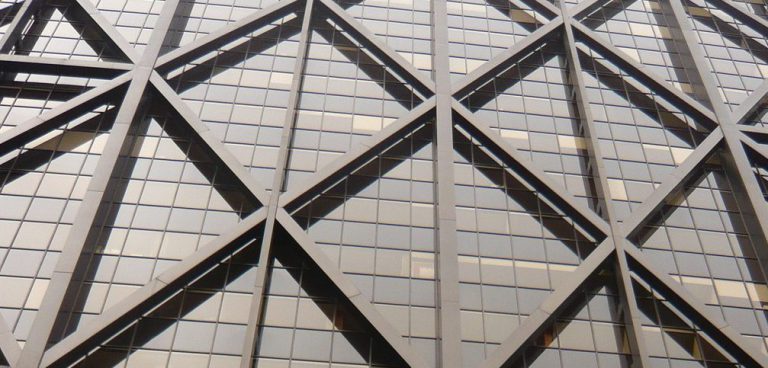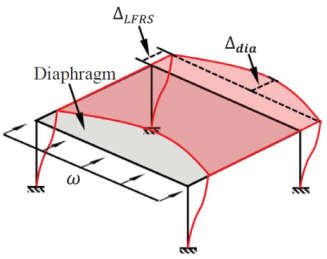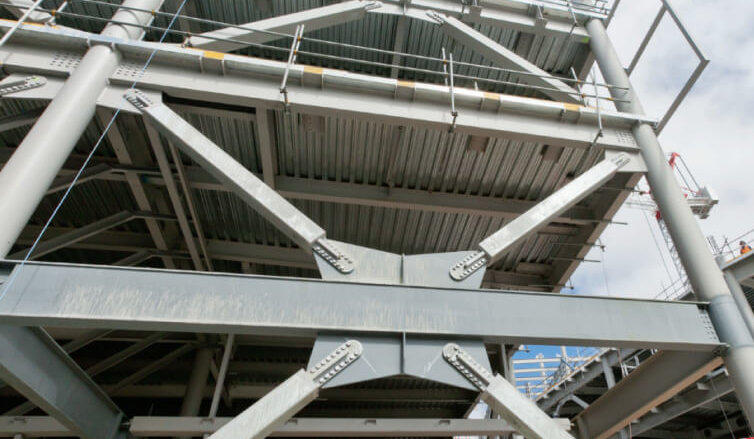Navigating Interdisciplinary Challenges in Petrochemical Facilities
Interdisciplinary challenges in petrochemical facilities require close collaboration between civil, piping, and mechanical engineers to ensure integrity and safety. This collaboration leads to benefits such as seamless integration, reliable piping systems, compliance with regulations, cost reduction, and improved communication.


